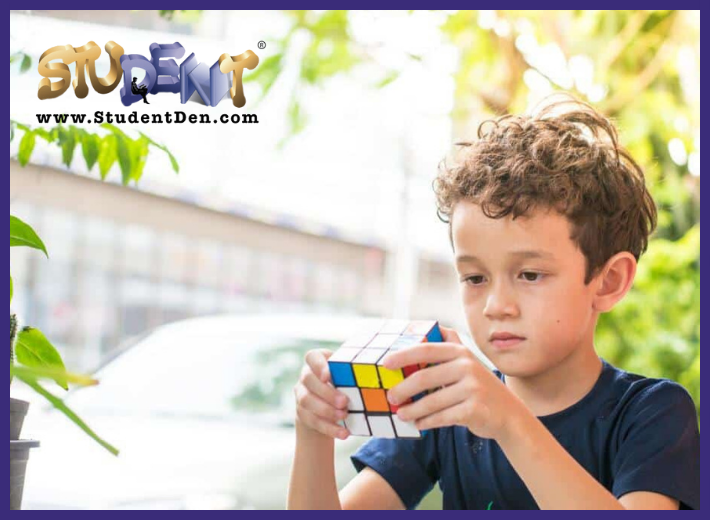Parents wonder endlessly how they can help their kids to be happy and successful. This fabulous overview on life skills goes hand-in-hand with ages of development and can help your child succeed now, and later in life. Learn from the Harvard experts five skills they feel are tied to success (AKA: happiness!). Personally – we like a lot of the bonding elements that are here also. Remember — if we can assist your family unit on the education component — we are here. From course selection and homework to SAT prep and college guidance — let’s talk!
All parents want their children to be successful in life — and by successful, we mean not just having a good job and a good income, but also being happy. And all parents wonder how they can make that happen.
According to Harvard’s Center on the Developing Child, it’s less about grades and extracurricular activities, and more about a core set of skills that help children navigate life’s challenges as they grow. These skills all fall under what we call executive function skills that we use for self-regulation. Developing strong executive function skills, and finding ways to strengthen those skills, can help people feel successful and happy in life.
While these are skills that children (and adults) can and do learn throughout their lifetimes, there are two time periods that are particularly important: early childhood (ages 3 to 5) and adolescence/early adulthood (ages 13 to 26). During these windows of opportunity, learning and using these skills can help set children up for success. In this post, we’ll talk about that first window of early childhood.
The best way to learn any skill is by practicing — and we are all more likely to want to practice something if it is fun and we feel motivated. Here are some ways that parents can help their children learn and strengthen executive function skills.
It’s natural for parents and caregivers to do the planning for young children, but there are absolutely ways to get them involved, such as:

The explosion of device use has definitely caused all sorts of problems with focus in both children and adults. There is an instant gratification to screens that makes it hard to put them aside and focus on less stimulating tasks. Now, more than ever, it’s important to:
This is one where being mindful of your own reactions to situations is important. How do you react to anger and frustration? Is road rage a problem for you? Remember that children always pay more attention to what we do than what we say. To help your child learn self-control, you can:
This one can be fun to teach.
We tend to cater to our children and their needs, making our schedules and plans around them. Some of that is pure parenting survival. But ultimately, it’s not always helpful; life has a way of messing up even the most careful plans. Kids need structure, sure, but they also need to be able to adjust to the inevitable curve balls.
In helping your children learn these skills, you might just learn something about yourself — and learn some new skills too.
The Student Den is here to support your children’s education and guide them to behave responsibly and successfully. Let us help make things easier for you and your kids. We can help them set goals for 2022 academic success. Get in touch with our experts today at (561) 815-8516 and visit our Facebook page.